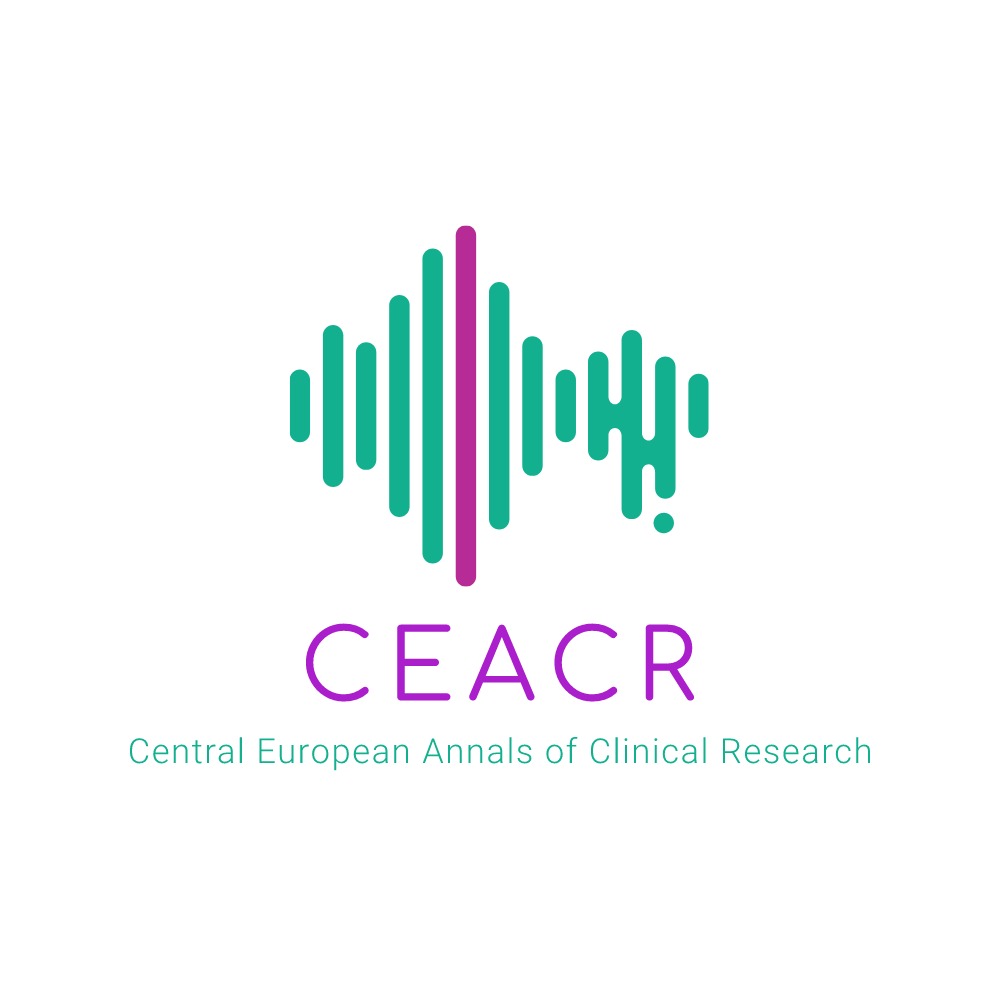Continuous Noninvasive Haemoglobin Monitoring in Vascular Surgery within the Goal-Directed Therapy Protocol
Received: 25 Nov 2019 / Accepted: 26 Nov 2019 / Published: 2 Dec 2019
Abstract
The optimisation of DO2, within the Goal-Direct Therapy Protocol (GDTP) in high-risk surgical patients, improves their outcome. Haemodynamic and haemoglobin monitoring become crucial to achieve optimal DO2. Our study compared Hb as measured by three methods: Coulter Counter (standard laboratory method) and CO-Oximetry (Masimo rainbow SET Radical 7 Pulse CO-Oximetry (SpHb) and Blood Gas Analysis) to establish the utility of the Hb continuous intraoperative monitoring, within the GDTP, in high-risk bleeding surgery. We studied 72 patients undergoing open abdominal aortic aneurysm repair. We compared the accuracy and the trending ability in measuring the haemoglobin concentration between the three methods (Coulter Counter, BGA and Masimo). We collected three simultaneous haemoglobin measurements: after induction of anaesthesia, pre- and post-aortic cross-clamping and at the end of the surgery. SpHb showed an excellent r-value for all samples (0.952, CI-95% (0.939, 0.961), p-value < 0.0001) compared to laboratory measurements. The results of the linear regression between SpHb and laboratory, for each time considered, demonstrated that SpHb showed excellent r and R2 value. All data were statistically significant, with a p-value <0.0001. A Bland-Altmann analysis for SpHb vs. laboratory showed a bias of −1.45 g/dL (CI-95% −1.51 and −1.39 g/dL, LOA from −2.42 to −0.48 g/dL) with a precision of 0.49 g/dL. Four-quadrant plot trend analyses showed a high concordance rate ≥90%. During elective high-risk surgery, Masimo Pulse CO-Oximetry is not enough sufficiently accurate to assess the current value of haemoglobin but may be useful for the trend value ensuring DO2 within intraoperative GDTP.
Keywords: haemoglobin; noninvasive monitoring; trend analysis; aortic surgery; goal-directed therapy
OPEN ACCESS
This is an open access article distributed under the Creative Commons Attribution
License which permits unrestricted use, distribution, and reproduction in any medium,
provided the original work is properly cited. (CC BY 4.0).
CITE
De Rosa, R.C.; Romanelli, A.; Calabria, M.; Abbate, R.; Montesano, R.; Corcione, A. Continuous Noninvasive Haemoglobin Monitoring in Vascular Surgery within the Goal-Directed Therapy Protocol. CEACR 2019, 1, 2.
De Rosa RC, Romanelli A, Calabria M, Abbate R, Montesano R, Corcione A. Continuous Noninvasive Haemoglobin Monitoring in Vascular Surgery within the Goal-Directed Therapy Protocol. Central European Annals of Clinical Research. 2019; 1(1):2.
De Rosa, Rosanna Carmela; Romanelli, Antonio; Calabria, Mariangela; Abbate, Roberta; Montesano, Raffaele; Corcione, Antonio. 2019. "Continuous Noninvasive Haemoglobin Monitoring in Vascular Surgery within the Goal-Directed Therapy Protocol." CEACR 1, no. 1: 2.
Not implemented
SHARE
